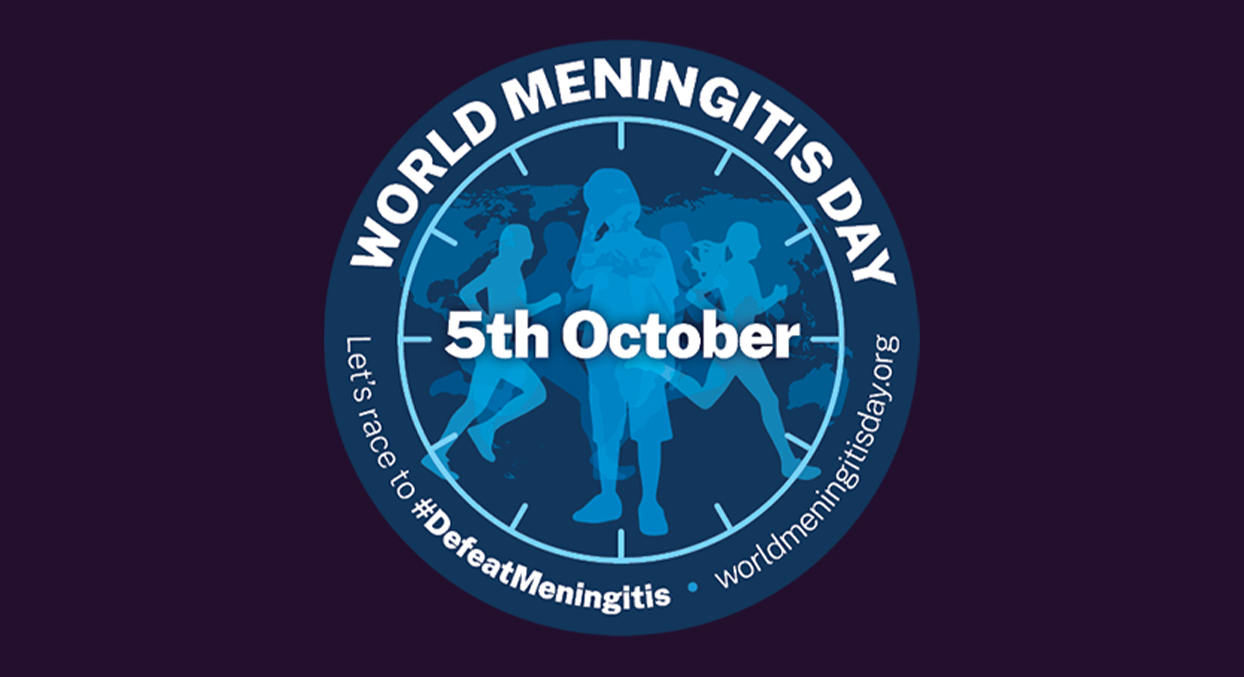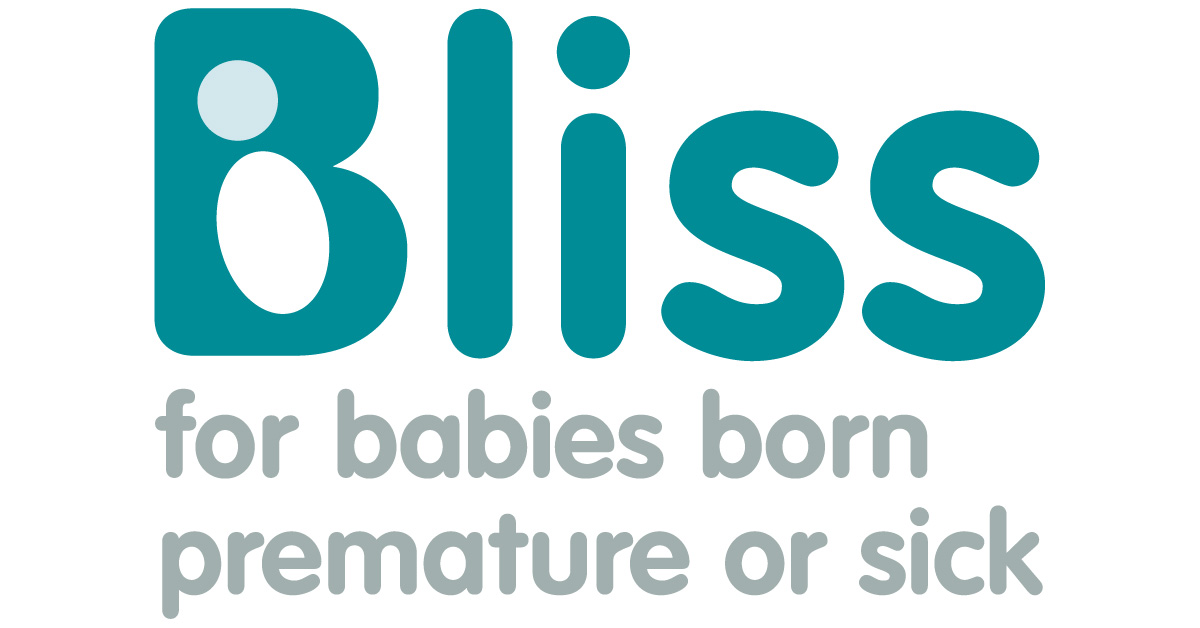Since 2000, July has been Group B Strep Awareness Month, aiming to promote awareness and prevention of the Group B Streptococcal (GBS) infection in babies during pregnancy and throughout infancy. Clinical Negligence partner Amy Fielding and paralegal Cara Smythe explain the impact of GBS and preventative methods against it.
GBS was first identified in the late 1880s when it was recognised as a pathogen in cattle. The infection began to grow in significance as a human pathogen in the 1930s. The bacteria that causes GBS can be found in the urinary tract, digestive system and reproductive tracts.
Unfortunately, GBS has remained the primary cause of neonatal sepsis since the 1970s. GBS is also one of the most common causes of meningitis in newborns and infants worldwide. Adults (around 20 to 40% of the population) can carry GBS and have no symptoms. The Meningitis Research Foundation reports that globally, an infant gets GBS Meningitis every five minutes, and sadly, one baby dies from the infection every half an hour.
Detection of GBS in newborns
The Royal College of Obstetrics and Gynaecology reports that most babies who develop the infection become unwell within their first week of life, known as early-onset GBS. It may be possible to detect early-onset GBS in newborns if they show any of the following signs:
- Grunting, noisy breathing, moaning, seeming to be working hard to breathe when you look at their chest or tummy or not breathing at all
- Being very sleepy and/or unresponsive
- Crying inconsolably
- Being unusually floppy
- Not feeding well or not keeping milk down
- Having a high or low temperature and/or their skin feels too hot or cold.
There are also ways hospitals can detect early-onset GBS, such as testing for low blood sugar and low blood pressure.
Impact of GBS
The Meningitis Research Foundation reports that one in four babies with meningitis will be left with long-term neurological impairments such as:
- Epilepsy
- Hearing/sight loss
- Learning difficulties
- Behavioural or emotional problems
Some of these impairments may only become obvious when children are not meeting the same milestones as their peers in nursery or through to primary school age.
The Meningitis Research Foundation advises parents to take their children to the GP if they suspect they are not developing at the expected rate.
Can GBS be detected during pregnancy?
The NHS does not offer GBS testing during pregnancy, in contrast to countries such as France, Spain and the United States, which do test for the infection.
The UK National Screening Committee states this is because many babies are born safely despite the mother carrying the GBS bacteria. It is also because screening tests cannot be considered 100% accurate, and by the suggested time for screening (35 to 37 weeks pregnant), most babies who are severely affected by GBS have been born preterm.
There are instances in the UK when a swab can be taken to test for GBS during pregnancy. If GBS was found in a previous pregnancy and a baby was unaffected, there is a 50% chance the mother will carry it again. In this instance, the mother can choose whether she would like to have antibiotics in labour.
Also, if a previous baby was affected with GBS, the mother should be offered antibiotics during labour in all following pregnancies.
GBS and clinical negligence
During pregnancy and labour, mistakes can be made by clinicians that result in babies developing GBS when they should not have. For example, medical staff should recommend antibiotics if:
- A positive GBS swab was obtained, or a known GBS urinary tract infection was diagnosed during pregnancy
- Labour is premature, ie before 37 weeks
Despite this, in February 2021, the Group B Strep Support charity published an article stating that shockingly, nearly 90% of hospitals in the UK are not using the recommended test for GBS carriage. The GBS Support Charity also reported that 51% of trusts did not give all pregnant women information on GBS. This directly contradicts the guidance provided by the Royal College of Obstetrics and Gynaecology.
These statistics demonstrate the necessity of spreading and raising awareness about the infection. If mothers are educated about the risks of GBS during pregnancy and possible consequences, they may feel more confident asking medical staff to carry out the relevant checks and administer the correct treatments.
You can find further information regarding our expertise, experience and team on our Clinical Negligence pages.
If you require assistance from our team, please contact us.
Subscribe – In order to receive our news straight to your inbox, subscribe here. Our newsletters are sent no more than once a month.





